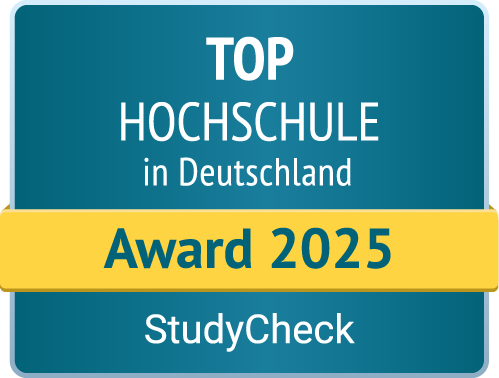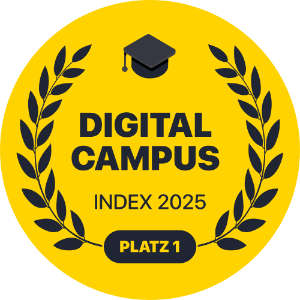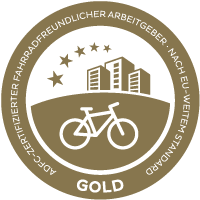Artificial Intelligence - Made in Ansbach
The interdisciplinary subject of artificial intelligence (AI) is one of the most important technologies of the future and combines the various directions of engineering with neuroscience, learning sciences and computer science.
AI pursues the goal of transferring the higher intelligent abilities of humans (cognitive abilities) to machines. Artificial intelligence is found, for example
- in medicine
- in autonomous driving
- in humanoid care robots
- in energy generation
- in agriculture
- in social networks
and many other areas even today.
Apart from a university entrance qualification, you are not expected to have any special prior knowledge. All the knowledge required for the degree programme is taught in the lectures.
This degree programme is aimed equally at female and male prospective students who are interested in learning the methods of artificial intelligence and applying them in their fields of interest.
| Short form | KIK |
| Type of study | Full time |
| Standard period of study | 7 semester |
| Award | Bachelor of Engineering (B.Eng.) |
| Start of studies | winter semester |
| Admission restrictions | none |
| Lecture location | Ansbach |
| Language of instruction | German |
| Course management | Prof. Dr.-Ing. Simon Hufnagel |
| Student advisory service | Prof. Dr. rer. nat. Torsten Schmidt |
| Student Services | studierendenservice.aki(at)hs-ansbach.de |
What you can expect
1. foundation modules
In the first two semesters, you will learn the most important basics for your further studies in subjects such as ‘Introduction to Programming’, ‘Introduction to Artificial Intelligence’ and ‘Fundamentals of Computer Science’.
2. application modules
In the application subjects, you will learn how to technically implement complex systems and deal with specific technologies and fields of application of artificial intelligence, including, for example, ‘Generative AI’, ‘Neural Networks’, ‘Embedded Systems’ and ‘Intelligent Machines’.
These are supplemented by subjects such as ‘How to start up’, ‘Psychology of perception, thinking and learning’ or ‘Methodology and ethics of science’, which broaden the view of economic, ethical and social issues in the AI context.
3. practical orientation
Practical relevance is a central component of your studies and is realised through various elements:
- Two practical projects, one in the fourth and one in the fifth semester, in which you develop and implement your own project ideas - alone or in a team
- Continuous practical exercises and laboratory components that make theoretical knowledge directly applicable and consolidate it
- An extensive practical semester in the sixth semester, in which you work directly in a company and gain valuable professional experience
4. compulsory elective modules
You can deepen your interests in three compulsory elective modules:
Exemplary compulsory elective modules:
- AI research
- Hackathon
- Prediction methods in the industry
- ...
After a standard period of study of seven semesters, you will receive the internationally recognised academic degree Bachelor of Engineering (B.Eng.) upon successful completion.
Fields of application and career opportunities
The demand from companies for AI experts is constantly increasing and AI applications are conquering more and more of the work processes that are still carried out manually today. Your future prospects are therefore excellent from a professional perspective.
Thanks to the wide-ranging qualifications you have acquired, there are a variety of areas of application for you after graduation, such as in the
- Development of assistance systems in vehicles
- Development of humanoid robots for nursing and medical care
- Development of applications for big data analyses in medicine (deep medicine)
- Construction of self-learning machines in the context of Industry 4.0
and many more. A major advantage of the AKI degree programme is the opportunity to choose your own professional field of work according to your own interests.
The university's own Centre for Applied Artificial Intelligence and Transfer - AN[ki]T for short - offers the best conditions for a good start to professional life. In addition to laboratories for the independent realisation of your own projects, you will benefit from the active AI community, direct contacts in the regional and national economy and various event formats for exchanging ideas with AI experts. Further information on the AN[ki]T programme can be found here [https://ankit.hs-ansbach.de/].
The Applied Artificial Intelligence degree programme not only teaches you technical know-how - we also provide you with the tools you need for your own start-up. You will have the opportunity to develop innovative digital products using state-of-the-art AI technologies and at the same time learn the basics of entrepreneurship to create a successful business model. Ansbach University's start-up counselling service also supports you with financing and networking, so that you benefit directly from a strong start-up ecosystem in the region. Exciting projects such as the AI start-up ‘Quakz’ are already emerging from our degree programme - maybe the next one will be yours!
© 2026 Hochschule Ansbach






